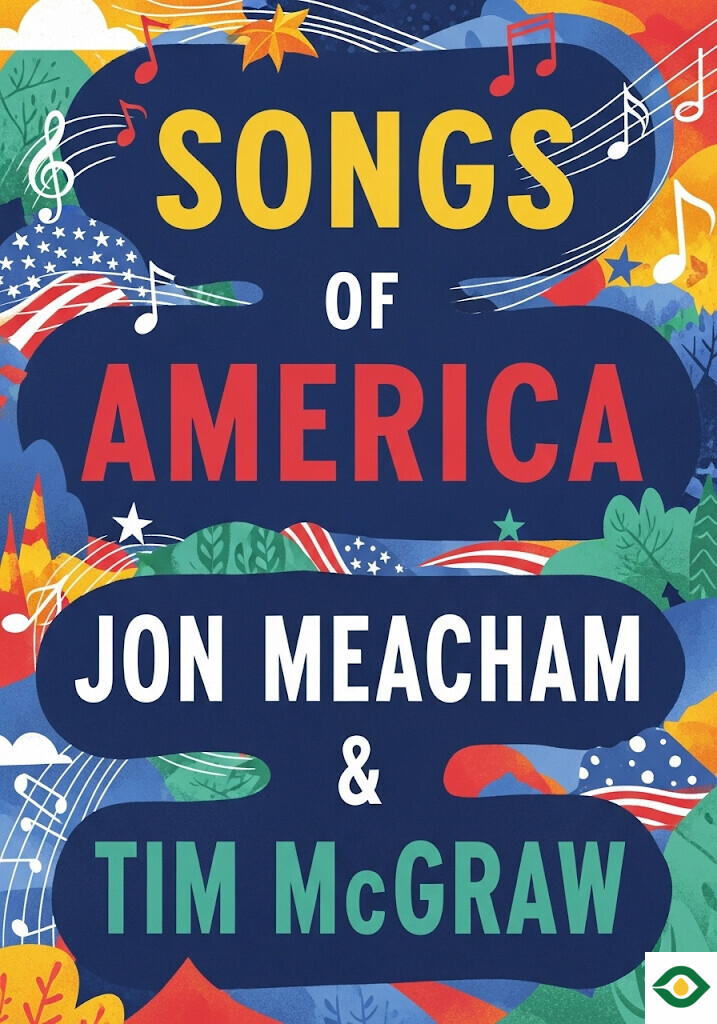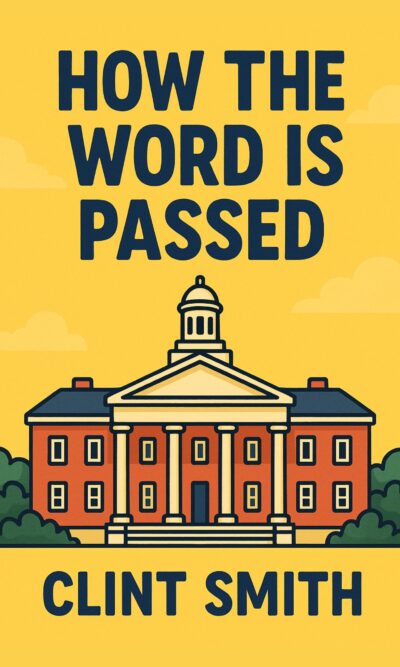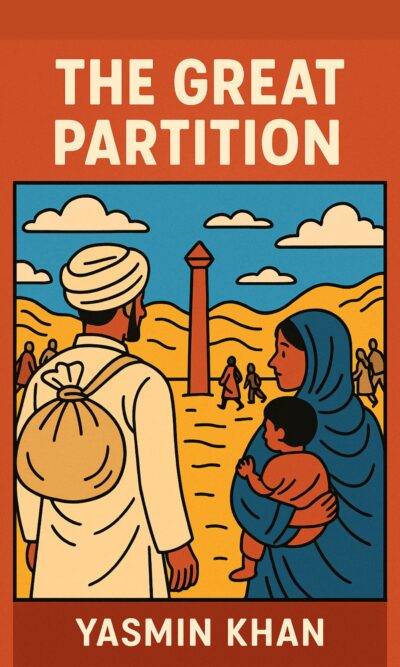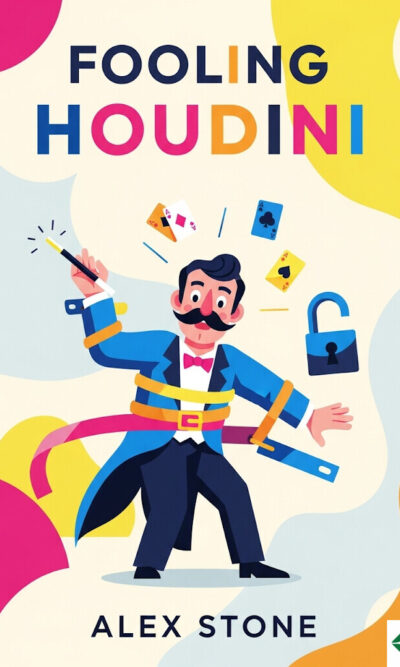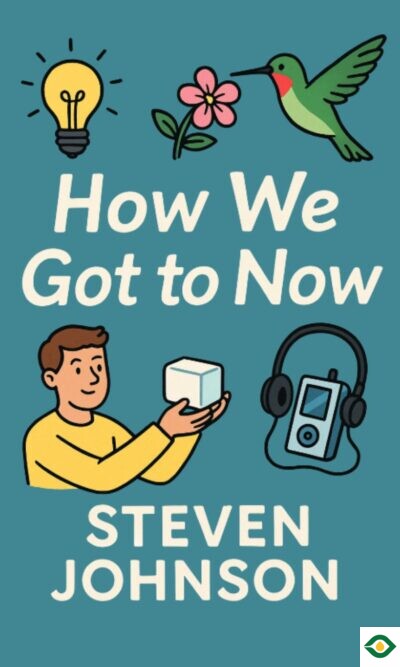Description
America’s history is often told through wars, presidents, and protests. But if you listen closely, another voice has always been speaking—the voice of music. Songs have carried the emotions of ordinary people, lifted spirits in dark times, and shouted truth when words alone could not. From the early revolution to modern movements, music has been a mirror of America’s soul.
In the late 1700s, when colonists challenged the British crown, political speeches stirred some, but songs reached the heart of many more. John Dickinson’s “Liberty Song” was not just words on a page—it was sung in the streets of Boston as citizens held onto their dream of freedom. The melody made their cause something people could feel, not just debate. And when women and enslaved Africans longed for liberty, they too found their voices in song. Phillis Wheatley, an enslaved poet, dared to write verses that hinted at equality, words so powerful they caught the attention of George Washington himself. Music was already becoming the language of justice.
The 1800s brought new trials. During the War of 1812, as British ships rained fire on Baltimore, Francis Scott Key feared the worst. Yet at dawn he saw the American flag still flying. His relief turned into “The Star-Spangled Banner,” a song that captured resilience in the face of destruction. It later became the national anthem, but in that moment it was simply one man’s way of saying: we survived.
Not all voices, however, found triumph. For Native Americans, the same century was filled with sorrow as they were forced from their ancestral lands. Their songs reflected both pain and faith. One Choctaw song spoke of finding a “good land” after death, an aching acknowledgment that earthly freedom might never come. These songs remind us that while some celebrated victory, others mourned unbearable loss.
As the question of slavery tore the nation apart, music again rose to the frontlines. Abolitionists and activists used songs to make their cries louder. Frederick Douglass, once enslaved himself, understood the power of music in the fight for freedom. The Civil War brought “Battle Cry of Freedom,” which stirred Union soldiers more deeply than speeches ever could. When the war ended and emancipation finally arrived, African Americans sang spirituals like “Go Down, Moses,” filling churches and homes with joy and relief. These songs carried both the pain of bondage and the hope of deliverance.
The struggle for equality did not end with emancipation. Women seeking the right to vote used music to push their movement forward. “Daughters of Freedom, the Ballot Be Yours” became an anthem of courage, sung at rallies and marches. Susan B. Anthony herself defied the law to vote, and though she was arrested, her fight inspired generations. By the early 20th century, the voices of women joined together in triumph, with songs echoing through the streets as suffrage was finally won.
For African Americans, freedom from slavery was not the same as freedom from oppression. “Lift Every Voice and Sing,” written in 1916, became a song of both pride and resilience. Known today as the Black National Anthem, it expressed the journey “out of the gloomy past” toward a brighter future, even while acknowledging the harsh realities of racism and segregation. Its enduring power has carried it from early rallies to moments as historic as President Obama’s inauguration.
The Great Depression of the 1930s brought hunger and despair to millions. Music once again provided both comfort and protest. Franklin Roosevelt’s campaign song, “Happy Days Are Here Again,” became a beacon of optimism for a struggling people. Yet another song, “Brother, Can You Spare a Dime?” captured the bitter reality of veterans and workers left abandoned. At the same time, Woody Guthrie answered the patriotic “God Bless America” with his own folk anthem, “This Land Is Your Land,” reminding the country that hardship and inequality could not be ignored.
By the 1960s, America was divided over the Vietnam War. Protesters filled the streets with songs like Edwin Starr’s “War” and The Animals’ “We Gotta Get Out of This Place.” These tracks gave voice to the frustration of a generation. Meanwhile, country artist Merle Haggard spoke for conservatives with “Okie from Muskogee,” mocking the counterculture. Even on the battlefield, music mattered. Black soldiers leaned on Aretha Franklin and James Brown, whose songs about strength and dignity reflected their struggles both abroad and at home. White soldiers often turned to country music, a reminder of the divides that existed within the same army.
Musicians themselves wrestled with the times. Johnny Cash, torn between patriotism and compassion for wounded veterans, wrote “Ragged Old Flag,” expressing pride in America while admitting its flaws. Through him, music showed the complexity of loving a nation while questioning its choices.
Cultural icons like Elvis Presley and Bruce Springsteen also shaped America’s identity through music. Elvis rose from poverty to worldwide fame, symbolizing the American dream. Yet his career also revealed darker truths: racial appropriation, excess, and the dangers of celebrity. His life became both a celebration and a warning. Springsteen, in contrast, spoke for the working class in songs like “Born in the U.S.A.” His lyrics reminded listeners that the dream was unevenly shared, and that many ordinary Americans were left behind.
Across centuries, music has been America’s diary. It has recorded victories and failures, joy and grief, unity and division. It is not just entertainment—it is history written in melody. Songs have called for freedom, demanded justice, celebrated love of country, and mourned its failures. They connect the voices of past generations to the present, ensuring that stories of struggle and triumph are never forgotten.
To understand America, you must listen to its music. Every verse and chorus is more than sound—it is memory, protest, hope, and belief. From the first revolutionary cries to today’s anthems of resilience, the story of America lives inside its songs.

